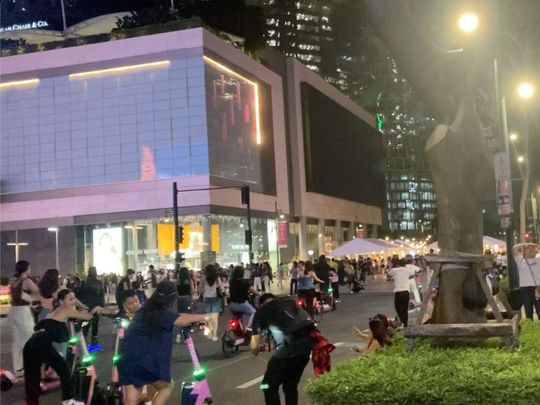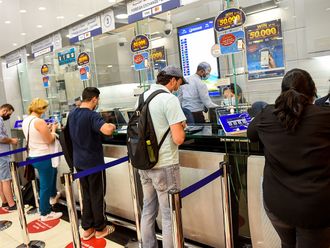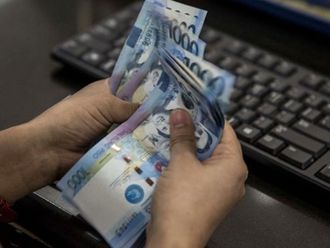
Manila: The Bureau of Immigration (BI) is ramping up its fight against “fake Filipinos” in collaboration with other government agencies.
The whole-of-government approach involves multiple agencies to curb misuse of Philippine documents by foreign nationals to fraudulently obtain citizenship.
“We must be proactive and thorough in our approach to prevent the misuse of Philippine documents by foreign nationals,” Immigration Commissioner Norman Tansingco said in a statement on Monday. “This is an issue of national security, and needs to be addressed immediately.”
Misuse of 'late registration scheme'
One modus operandi involves the misuse of "late registration" scheme.
To investigate the potential misuse of the late registration scheme, Commissioner Tansingco has enlisted the help of the National Bureau of Investigation (NBI) to obtain the names and details associated with the 200 forged birth certificates issued by the civil registry office in Sta. Cruz, Davao del Sur.
Furthermore, the Bureau of Immigration (BI) has also reached out to the Philippine Statistics Authority (PSA) for information on all Filipinos who availed of the late registration programme and subsequently received birth certificates.
Cross-checking of data
This closer scrutiny of data will allow the BI to verify if these individuals were ever issued, or have used, Philippine passports.
The move comes amid growing concerns about national security and potential misuse of Philippine documents.
Focus on late registration scheme: The BI is investigating potential misuse of the late birth registration process, particularly focusing on 200 falsified certificates issued in Sta. Cruz, Davao del Sur.
Data sharing and cross-checking: Commissioner Tansingco requested information from the NBI and PSA to verify individuals who availed of late registration and were subsequently issued passports.
Multiple interceptions: The BI reported apprehending four additional cases of fraudulent citizenship in the past week.
National security threat: Tansingco emphasised the potential misuse of Philippine documents by foreigners for terrorism, heinous crimes, or voter fraud.
Why it matters
This crackdown highlighted in a Philippine News Agency report, demonstrates the government's growing concern about the potential exploitation of the Philippine immigration system.
By working with other agencies and sharing data, the BI aims to identify and address security vulnerabilities associated with "fake Filipinos."
Rules, requirements on “late birth registration”
These steps help individuals who were not registered at birth to obtain a valid birth certificate, which is essential for various legal and administrative purposes.
The late birth registration scheme under the PSA allows individuals to register births that were not recorded within the prescribed period after birth.
The process for late registration involves specific steps and documentation requirements, which vary slightly depending on whether the registrant is a minor or an adult.
Requirements for late registration:
Affidavit of Late Registration: This must be executed by the parent(s) or the guardian if the person is a minor, or by the individual if they are of legal age.
Proof of Birth: This can include a certificate from the attending physician or midwife, or a sworn statement from a person who was present at the birth.
Baptismal Certificate: If applicable, a baptismal certificate can be used to support the claim of birth.
School Records: Early school records may also be required, if available.
Voter’s ID or Any Valid Government-Issued ID: For adults, a valid ID is required to establish identity.
Barangay Certification: This serves as proof of residency.
Process:
The application for late registration must be submitted to the Local Civil Registry Office (LCRO) where the birth occurred.
The LCRO will review the documents and, if in order, will proceed with the registration.
Once approved, the late registration will be entered into the civil registry, and the PSA will issue the corresponding birth certificate.
Special Considerations:
Delayed Registration Fees: There may be fees associated with the late registration process, which vary depending on the locality.
Verification Process: The LCRO may conduct verification to ensure the accuracy and authenticity of the submitted documents.
This is for information purposes only and is not a legal advice. For specific queries, check with the Philippine Statistics Authority or relevant agencies.












